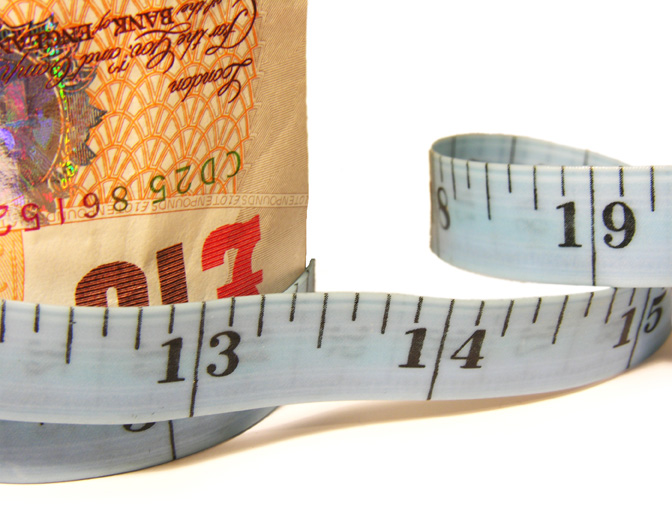Credit Cards & Loans
How to keep your household spending in check

Here are a few tips to boost the spending power of your weekly household budget.
Families are spending more on their household goods as the average weekly expenditure in the UK hits a massive £483.60 for 2011, according to the latest data.
Figures from the Office for National Statistics show a rise in expenditure of £520 a year compared to 2010, with transport costs adding the most to a family’s bottom line.
Over half of the total amount paid on transport costs came from running the family car, with a £3.10 rise to £36.40 a week thanks to increases in fuel and motor oil costs.
Car insurance was also adding to the costs with a significant rise, amounting to £9.40 of the typical weekly spend in 2011 compared with £8 in 2010.
The third highest spending category behind ‘recreation and culture’ being housing, fuel and power which rose to £63.30 a week in 2011, up from £60.40 a week in 2010.
Steve Rees, managing director of debt consultant, Vincent Bond & Co said: “The thing is, with inflation pushing prices ever higher, keeping more of your money in your purse is becoming trickier than ever, and it is no surprise that some people are struggling to makes needs meet and food banks are popping up in deprived areas.
Here are a few tips to cut your household budget:
1. Search for cheaper car insurance – loyalty sometimes pays, but not when it comes to your finances. Insurers will usually offer more favourable terms to new clients to win business, which means anyone staying with their insurer will help to fund its largesse.
So always check whether you can get a better deal by moving your car insurance each year. Comparison sites like www.moneysupermarket.com, www.confused.com and www.uswitch.com make the research a bit easier.
2. Cut your fuel costs – the cost of making short journeys in the car that could be walked will add up over the course of a year, so think before you use your car.
Either way, you should try to fill up your motor for as little as possible. A neat website called www.petrolprices.com allows you to put in your postcode so you can find the cheapest petrol locally.
Also, make sure your tyre pressures are correct to make your car more fuel efficient, and lighten your load – the lower the weight the less fuel you will use.
3. Find a cheaper energy provider – household fuel hikes will hit your budgets hard, but if you have never switched your energy provider you could be paying around £300 more than you need to, according to Moneysupermarket.com.
So use a comparison service on any of the sites already mentioned, or check out www.theenergyshop.com as an alternative. It is worth checking more than one, as sometimes there are exclusive deals you can benefit from.
4. Check your grocery prices – you can do your shopping through a site called www.mysupermarket.com.uk which compares the price of your basket at Tesco, Asda, Sainsbury’s, Waitrose, Ocado, Boots, Superdrug and Majestic and claims you can save an average of £17 each shop.